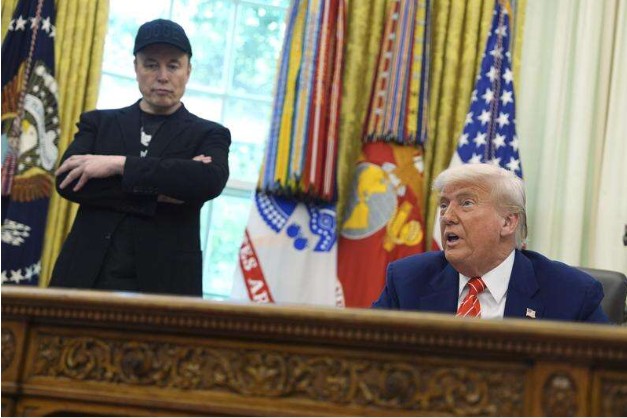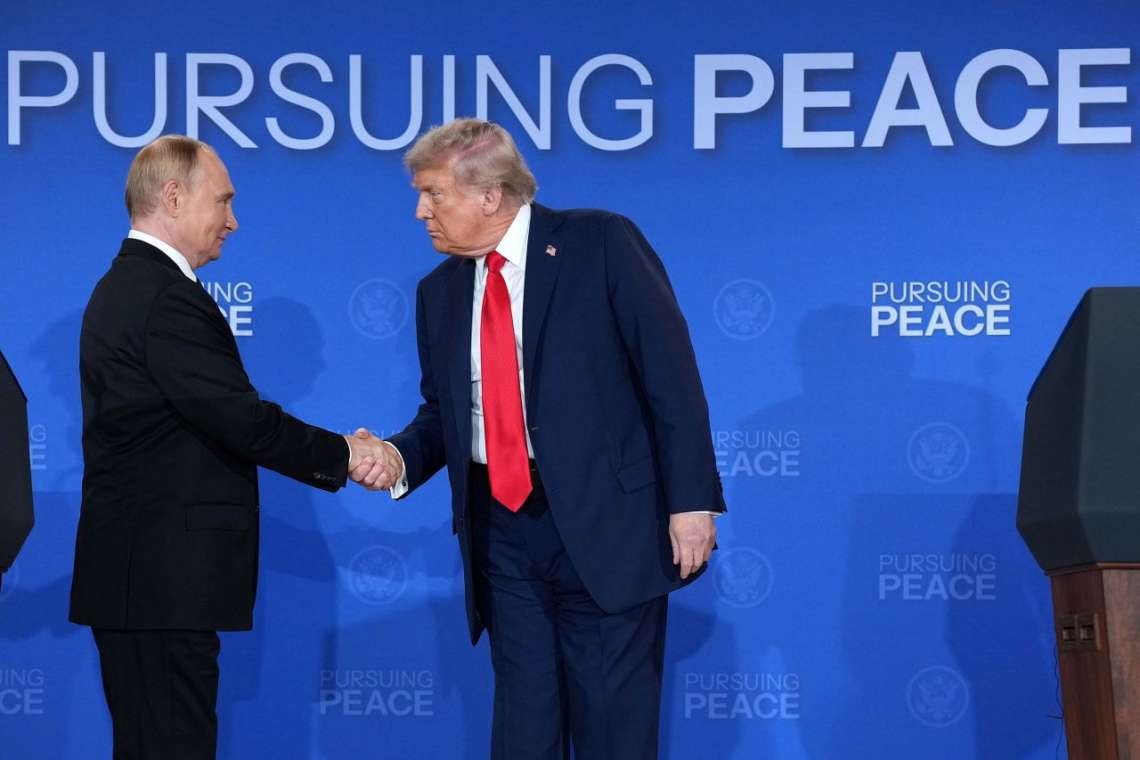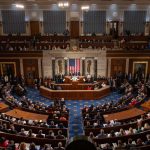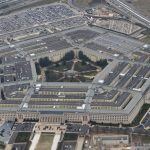Trump’s new executive order directs the Department of Transportation and the Federal Aviation Administration (FAA) to expedite or, where possible, eliminate certain environmental reviews for launch licenses.
U.S. President Donald Trump has signed a sweeping executive order aimed at cutting red tape for the nation’s commercial space industry, pledging to “substantially” increase rocket launch activity and streamline environmental reviews for private operators. The move, announced Wednesday at the White House, has been hailed by industry advocates as a boost for American competitiveness in space — but sharply criticised by environmental groups as a dangerous rollback of safeguards.
The order directs the Department of Transportation and the Federal Aviation Administration (FAA) to expedite or, where possible, eliminate certain environmental reviews for launch licenses. It also instructs officials to reassess and potentially scrap “outdated, redundant, or overly restrictive” rules governing launch and reentry vehicles.
“Innovators are being held back by inefficient permitting processes,” the order states. “This discourages investment and limits America’s ability to lead in the global space market.”
SpaceX in spotlight – without being named
While the order makes no direct mention of any single company, analysts see billionaire Elon Musk’s SpaceX as a clear beneficiary. The California-based firm dominates the U.S. launch sector, performing over 130 missions last year — more than NASA, the Pentagon, and all other domestic players combined.
SpaceX’s next-generation Starship rocket, central to Musk’s vision of colonizing Mars, is expected to play a major role in planned U.S. missions to the Moon and beyond. Trump has repeatedly championed such missions since returning to office in January.
The company’s aggressive “fail fast, learn fast” testing strategy, however, has clashed with federal oversight. Starship test flights have drawn FAA scrutiny for debris hazards, environmental impacts, and air traffic disruptions. Earlier this year, the agency grounded Starship for nearly two months after back-to-back explosions scattered debris over Caribbean waters and forced multiple aircraft to alter course.
A deregulation blueprint
The 11-page order lays out an expansive deregulatory agenda:
Environmental reviews: The transportation secretary is instructed to determine which launch operations can bypass National Environmental Policy Act (NEPA) assessments, and to create new categorical exclusions for activities deemed low-risk.
Regulatory revisions: Officials are to consider exempting certain vehicles with advanced safety systems from existing FAA rules, and reassess requirements for hybrid launch vehicles and reentry operations.
Spaceport expansion: Federal agencies are tasked with expediting permits and approvals for next-generation spaceport infrastructure, even exploring legal avenues to override state or local restrictions.
Novel activities: The Commerce Department must design a fast-track licensing process for space missions not clearly covered under current law, in line with the Outer Space Treaty of 1967.
Trump’s stated goal is to create “a competitive launch marketplace” and dramatically boost U.S. commercial launch cadence by 2030.
Environmental concerns
Environmental advocates reacted with alarm. The Center for Biological Diversity condemned the order as “reckless,” warning of risks to wildlife and coastal habitats near launch sites.
“This paves the way for massive destruction of protected plants and animals,” said Jared Margolis, the group’s senior attorney. “Private companies are launching giant rockets that often explode and devastate surrounding areas. Loosening safeguards is a recipe for disaster.”
Critics argue that faster approvals could sideline public input and scientific review, particularly in sensitive ecosystems. SpaceX’s Boca Chica launch site in Texas, for instance, is near critical habitats for endangered species.
A complex relationship with Musk
Trump and Musk’s political relationship has been turbulent. Musk once served as an informal advisor but split from Trump recently. Despite that, Trump has openly praised SpaceX’s technological achievements and sees private space companies as central to U.S. strategic dominance.
Musk has long pushed for deregulation, criticizing FAA oversight as too slow and bureaucratic. His engineers have argued that rapid iteration — even if it leads to more frequent test failures — is essential to developing safe and affordable rockets in the long run.
What is clear is that Trump has made commercial space deregulation a signature part of his second-term agenda. The policy, as stated in the order, is “to enhance American greatness in space” — a vision that pits economic ambition and engineering speed against environmental caution and regulatory safeguards.
As the U.S. hurtles toward a new era of space activity, the tension between innovation and oversight will likely define the next chapter of its journey beyond Earth.














